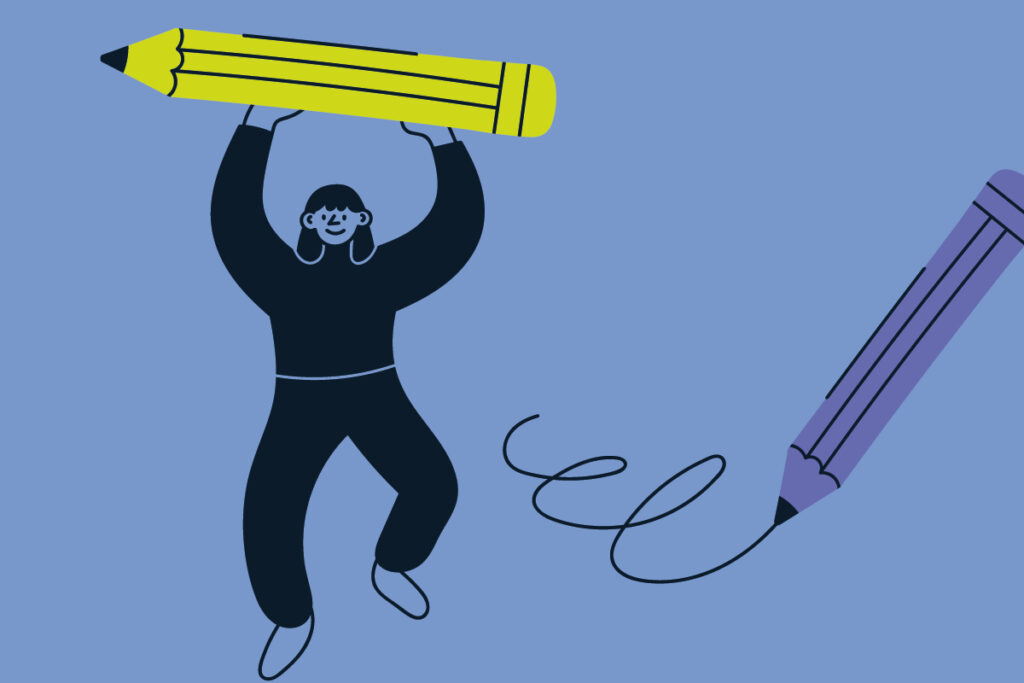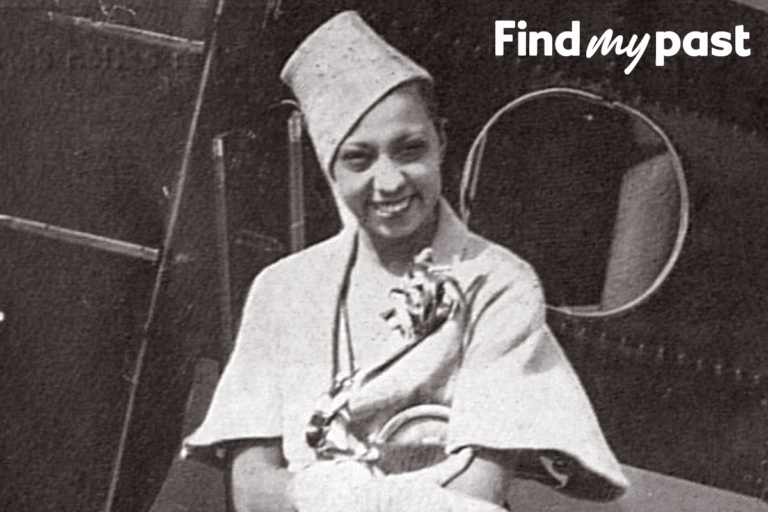If you’ve loved any of the books on the 2024 Women’s Prize shortlists, and want to start writing yourself – perhaps you are even considering entering Discoveries – why not use the writing activities below to start you off? We have curated a selection of six prompts from the Fiction and Non-Fiction shortlists to inspire you.
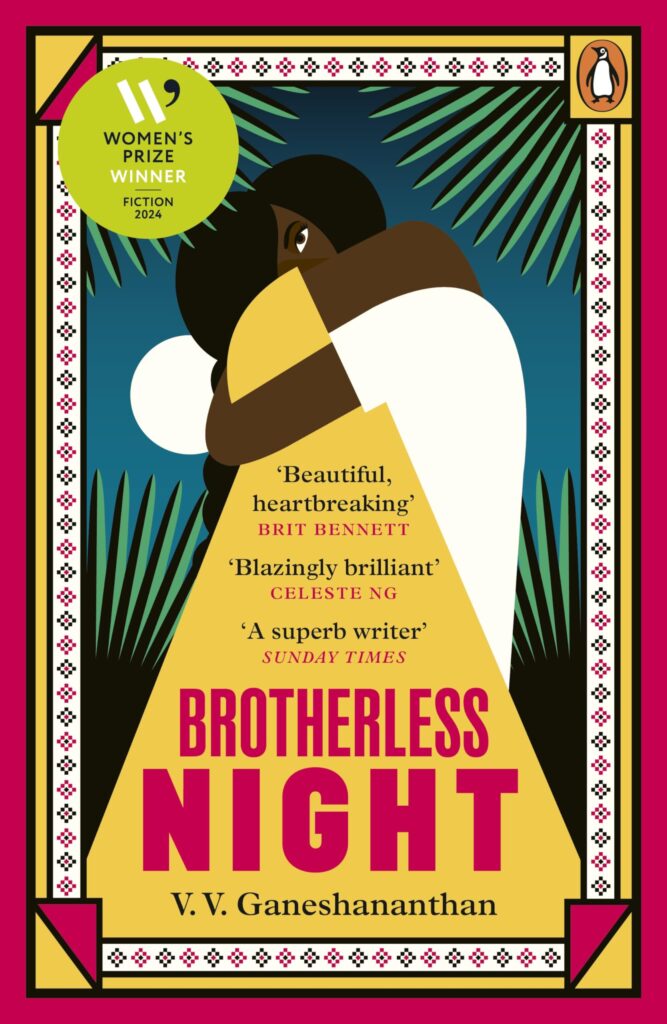
Brotherless Night by V. V. Ganeshananthan
In Brotherless Night, we follow the journey of aspiring doctor Sashi as she is torn apart from her four brothers in the midst of a vicious civil war. Write some journal entries as one of Sashi’s brothers. What are his private thoughts about the civil war, about their family relationships, about the politics in Sri Lanka? What are his hopes and fears? How does he feel about Sashi studying to become a doctor? You might prefer to invent some stories from their shared childhood that shaped the young man he became.
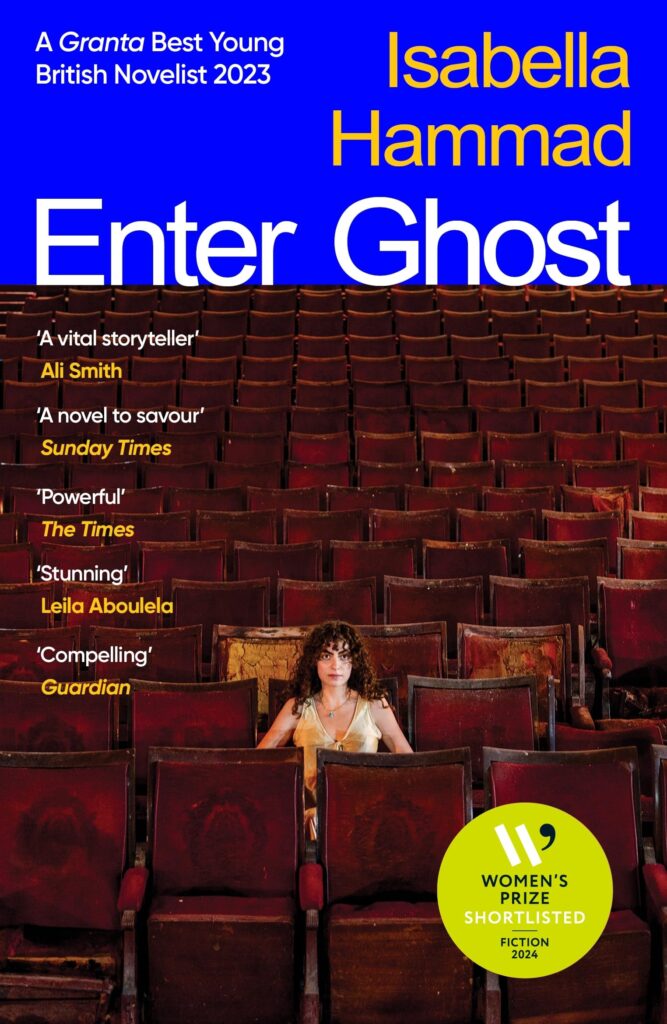
Enter Ghost by Isabella Hammad
Our protagonist Sonia joins a production of Hamlet in the West Bank, where she adopts the role of Gertrude. Find a copy of Hamlet at the library and read some (or all!) of it. Do the female characters get many lines? What do you make of Ophelia and Gertrude? Might you write some additional dialogue for them in some scenes, or perhaps a soliloquy for either one of them, expressing her feelings and thoughts at a key moment? How might you transform their character by doing so?
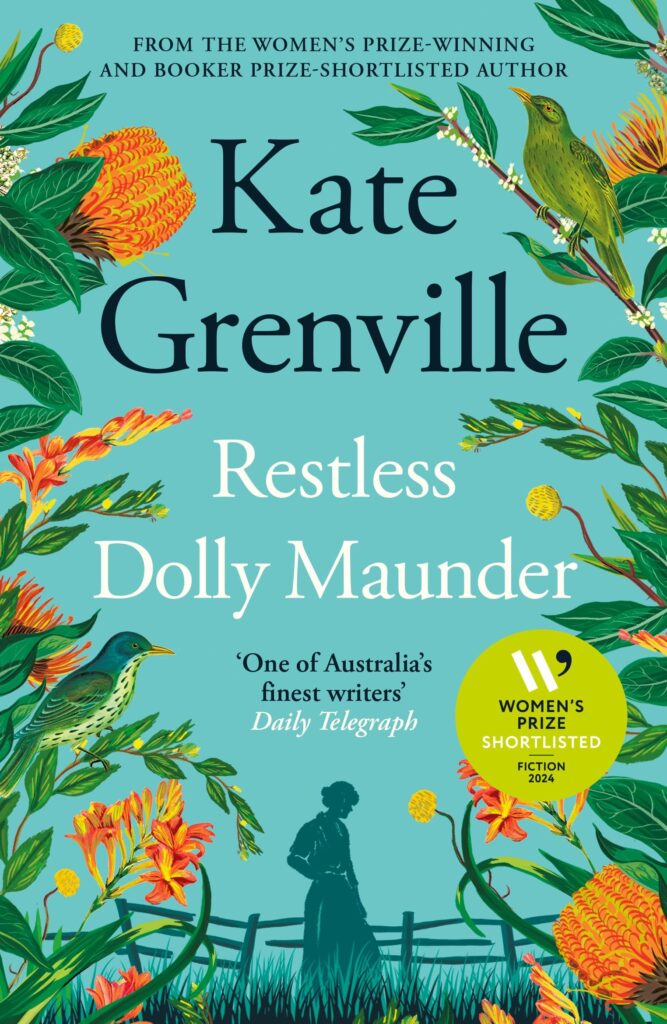
Restless Dolly Maunder by Kate Grenville
Dolly says of her trips to Miss Medway the dressmaker, ‘A woman didn’t have many tools to shape her life with, but clothes were one. They told other people something about you: who you were, what you thought about yourself, what you wanted.’ Think about a favourite outfit and write a poem or a short narrative about how it makes you feel. Do you have special memories associated with a certain dress, t-shirt, coat, etc? You could make a set of poems or short narratives about a number of outfits and the memories associated with them.
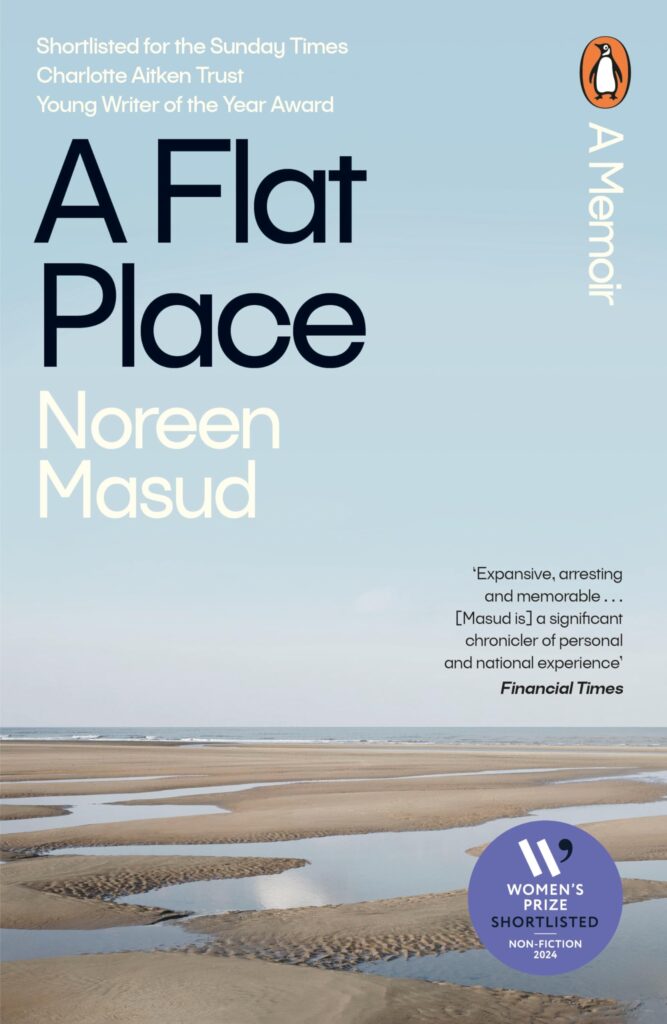
A Flat Place by Noreen Masud
Masud begins A Flat Place by referencing Virginia Woolf’s idea of ‘a base that life stands upon’, remembering the flat, lush fields outside of the centre of Lahore as her version of that base. Can you think of a similar place or memory for yourself, and how has it affected your life? Can you write about the memory in detail, and meditate upon how it has shaped the way you have responded to events and people? Has your relationship with your ‘flat place’ changed or stayed the same?
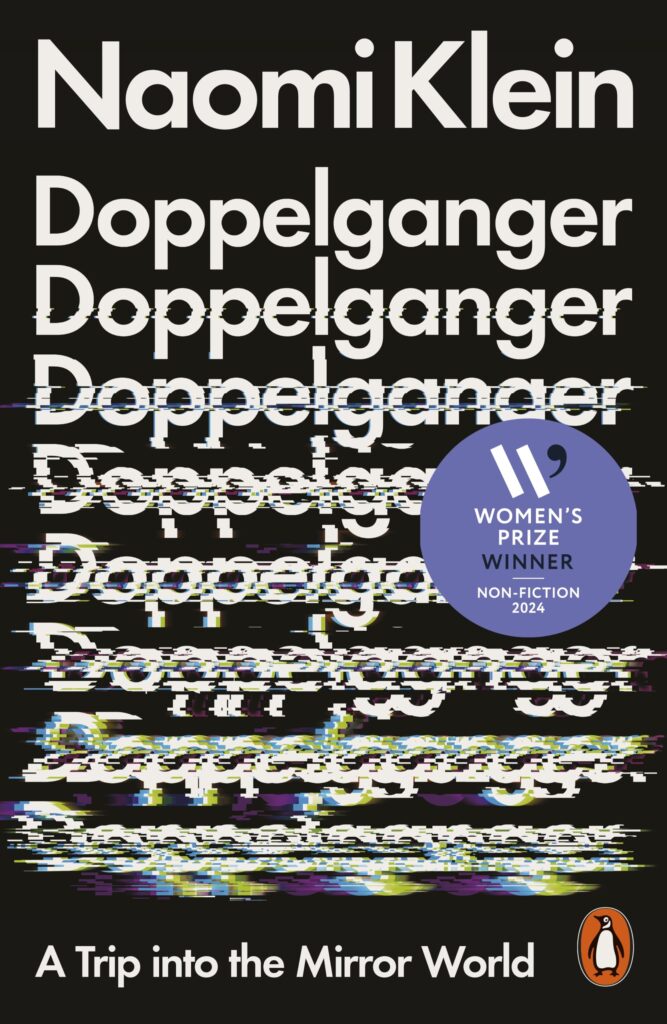
Doppelganger by Naomi Klein
Klein analyses the shift in health and wellness discourse in social media, particularly post-Covid. Write a list of messages that you feel are coming at you from social media and other sources regarding your wellbeing. What do you feel under pressure to do, say, eat and drink every day? Is there a cost involved with any of these requirements? What products or services are you paying for to stay well/young/desirable? Could you achieve this without some of those products or services? Or are they all providing valuable help?
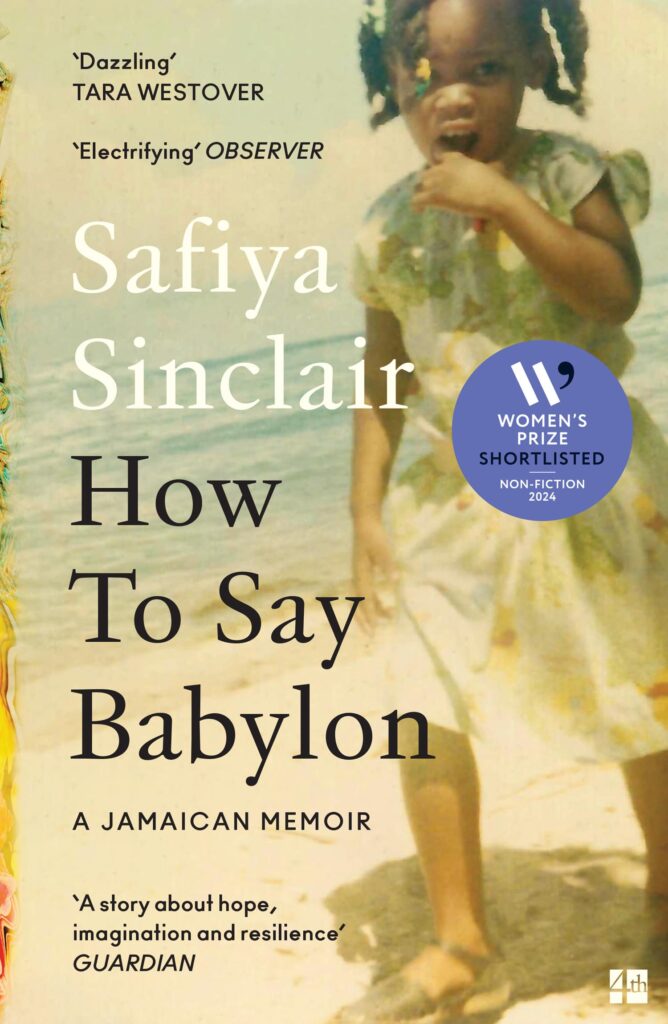
How To Say Babylon by Safiya Sinclair
Sinclair reminds us of the political and cultural context of Jamaica and its colonial relationship to Britain. She has used her own poetry as a site for resistance. In the poem ‘Daddy’, she hits back at her father, taking pleasure from his reaction as he reads it, in much the same way as her father resists colonial power by referring to Queen Elizabeth as ‘Eliza-Bat’. Write a poem inspired by your own childhood. It might express any emotion – anger, resentment, rebellion, peace or joy – but try and remember a time when you resisted something. How did it feel, and what did you do?
